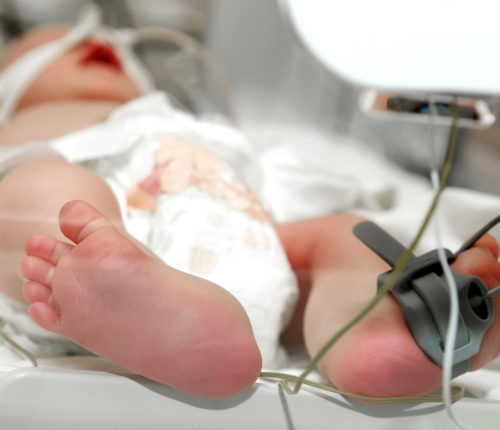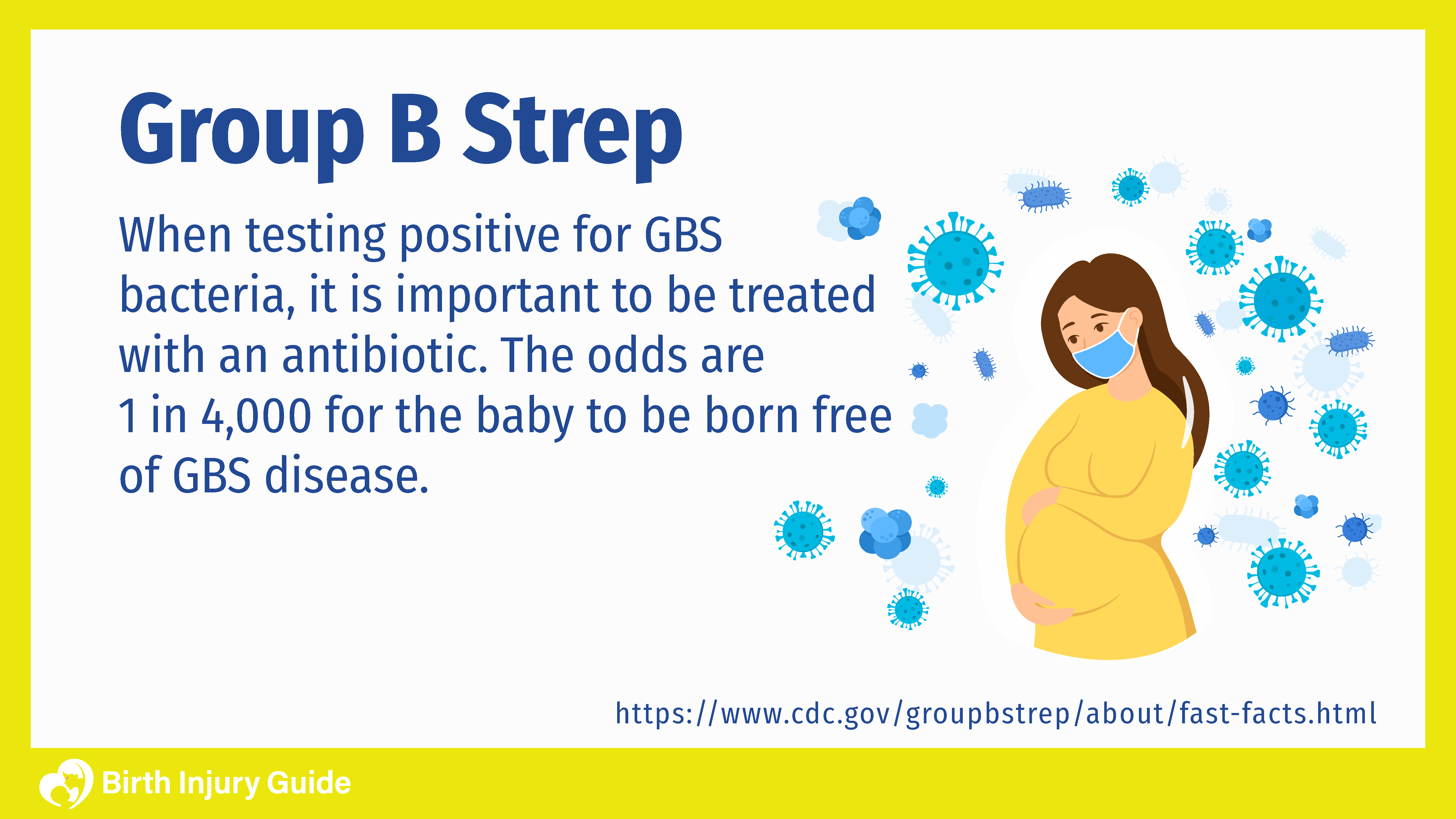
Group B Strep Infection
Group B strep infection (GBS), affects around one in every 2,000 babies born in the United States each year. Although not every infant who contracts GBS will experience the adverse effects associated with the bacteria, it’s important for physicians to screen and treat pregnant women before labor and delivery, which will help eliminate the chances of the baby contracting it during delivery.
What is Group B Strep Infection?
GBS, also known as group B streptococci, GBS is a bacterial infection that affects anywhere from 15-35 percent of women. Contrary to popular myths, GBS infections are not related to the group A strep, a bacteria that causes strep throat.
More severe, GBS is a bacteria that a woman may carry in the vaginal or rectal area without knowing it. It is not considered a sexually transmitted disease, and doctors still don’t know how a woman gets it as she is often asymptomatic.
Can Group B Strep Infection be Prevented?
Most women who have GBS do not have symptoms. They are called asymptomatic carriers. Even without symptoms, women can transmit the infection to their infant via the birth canal. So how does a woman know if she has GBS?
The Centers for Disease Control and Prevention (CDC) suggests that all women have a GBS test between 35 and 37 weeks of pregnancy. The testing process is relatively simple: the doctor takes a swab and sends it off for cultured testing, which generally takes anywhere from 24-48 hours.
Although there are no symptoms to go by, there are several risk factors involved in developing GBS. Women are more prone to GBS if they:
- Previously had GBS during pregnancy
- Have (or had) a urinary tract infection during pregnancy
- Experience labor before 37 weeks of pregnancy
- Have a baby more than 18 hours after their water breaks
- Develop a high fever during labor
What Are the Symptoms of a Group B Strep Infection?
It’s important to keep an eye out for a GBS infection in infants so that you can get treatment for them as quickly as possible. Symptoms usually develop anywhere within the first 24 hours of life to the first week of life, and may include:
- Fever
- Breathing problems
- Grunting sounds
- Bluish skin
- Seizures
- Limpness
- Stiffness
- Heart rate and blood pressure abnormalities
- Poor feeding
- Excessive fussiness
GBS can also result in “late-onset” infections. These can occur anywhere from the first week of life through the first three months of life.
Doctors can easily diagnose GBS in infants, sometimes with a chest X-ray and sometimes lab studies that require samples of various different fluids such as blood, urine, and cerebrospinal fluid. Infants with GBS may be prescribed antibiotics to fight the infection.
How Group B Strep Infection Affects Children
Infants exposed to GBS can experience a number of health problems. Not all babies will become sick if exposed to the bacteria, however. For those that are exposed, there is a risk of developing significant complications including:
- Meningitis
- Pneumonia
- Sepsis
- Stillborn death
Treatment for Group B Strep Infection

If you are found to be positive for GBS when you are tested during pregnancy, your doctor will prescribe pregnancy-friendly antibiotics during labor. It is possible that during delivery, your child can get GBS when passing through the birth canal and coming into contact with the bacteria. By taking antibiotics, the bacteria can be reduced before your baby passes through the birth canal.
Prognosis for Group B Strep Infection
Infants who are exposed to GBS may experience long-term problems, such as developmental disabilities or deafness. Infants who also have or had meningitis are more at risk for long-term problems. Even so, the overall prognosis for infants with GBS is favorable and has improved in recent decades. Mortality rates remain low, at four to six percent.
The key to improving the prognosis for infants with GBS is working with healthcare providers to make sure the infection is treated quickly and appropriately. Antibiotics like penicillin and ampicillin are effective at treating the infection, and if there are no other complications, that may be sufficient.
Start Your FREE Case Review Today
If you or your child is injured as a result of medical negligence, call us to learn more.



